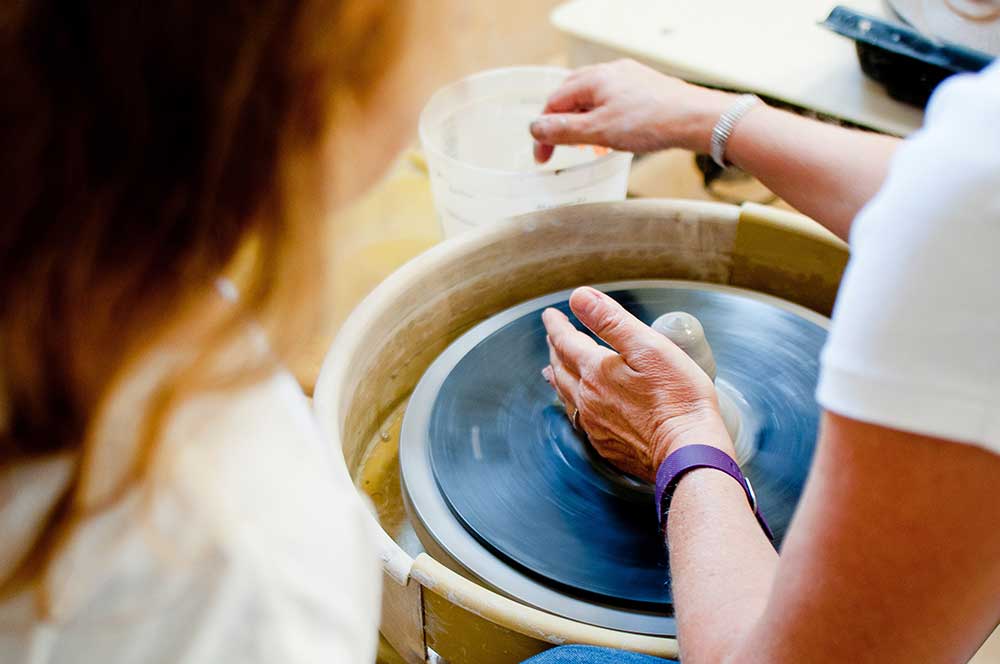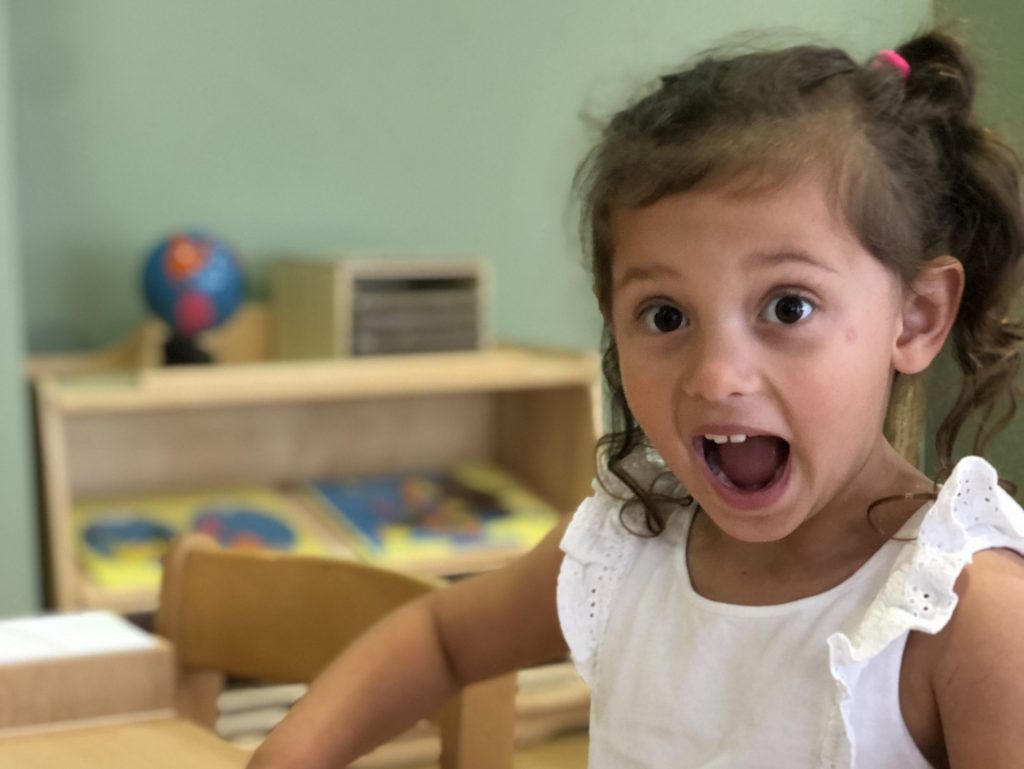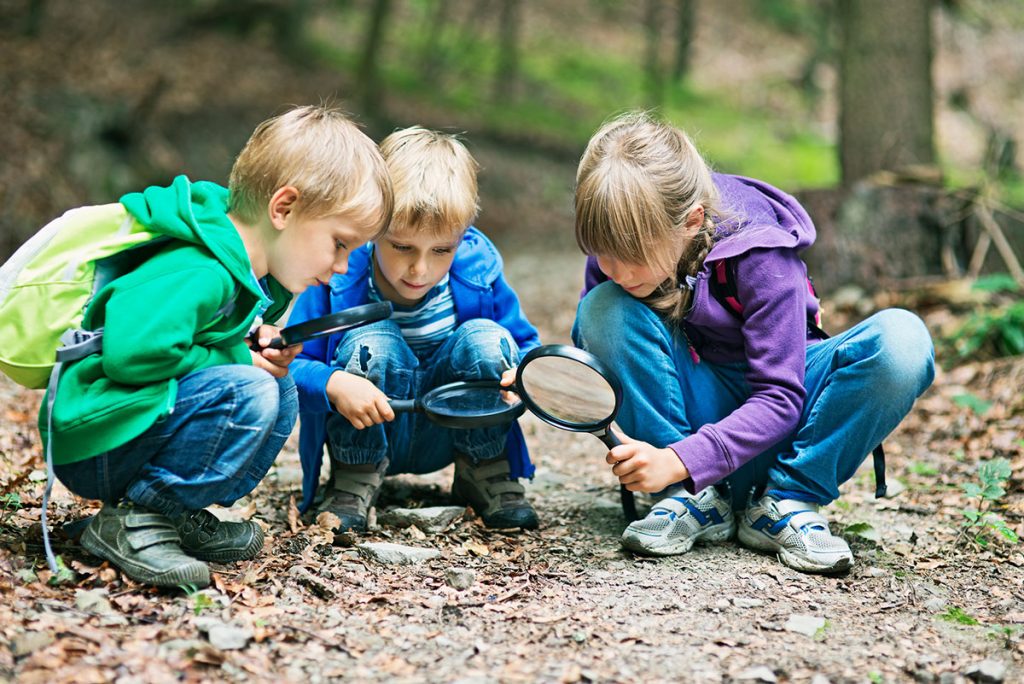the intricate tapestry of early childhood education, the selection of learning toys and activities weaves a pattern that influences a child’s growth and development. As a dedicated proponent of Montessori philosophy, I’m excited to unravel why Montessori learning toys and activities outshine traditional approaches in nurturing young minds.
1. Purposeful Learning Tools: Montessori toys are thoughtfully crafted with specific educational goals in mind. Unlike traditional toys that often lean towards pure amusement, Montessori materials are designed to stimulate a child’s senses, ignite curiosity, and provide a platform for comprehensive development.
2. Structured Routines with Flexibility: Montessori activities are seamlessly integrated into structured routines, creating a sense of comfort and predictability for children. These routines seamlessly blend with daily activities, allowing children to explore independently and at their own pace. In contrast, traditional nursery methods can sometimes rely on rigid schedules, missing the opportunity to encourage curiosity-driven exploration.
3. Hands-On Exploration:
Montessori toys offer a tangible, tactile approach to learning. By engaging with real-world materials and experiences, children grasp abstract concepts through concrete interactions. Traditional toys may fall short in offering this tangible engagement, potentially hindering the depth of understanding derived from hands-on exploration.
4. Sequential Skill Building: Montessori materials are meticulously sequenced, guiding children through progressive skill development. Each activity serves as a stepping stone to the next, ensuring a solid foundation before moving forward. In comparison, traditional toys might lack this deliberate progression, leading to disjointed learning experiences.
Montessori toys offer a tangible, tactile approach to learning.
5. Fostering Concentration: Montessori activities encourage sustained focus and concentration. Children engage deeply with activities that captivate their interest, cultivating a skill that proves invaluable as they progress academically. Traditional nursery settings might face challenges in cultivating such sustained attention due to less specialized learning materials.
6. Personalized Learning Paths: Montessori learning toys adapt to each child’s unique pace and interests. This tailored approach respects individual learning styles, providing children with both support and challenges they require. In contrast, traditional nursery approaches might lean towards standardized methodologies that may not cater to diverse learning needs.
Recent Posts
- Embarking on a Montessori Adventure: Nurturing Hearts and Minds with us
- Enhancing Early Childhood: The Montessori Difference in Learning Toys and Activities
- Outdoor Learning: Exploring Nature the Montessori Way
- Cultivating Emotional Intelligence through Montessori Education
- Parent-Teacher Partnership: How to Support Montessori Learning at Home
7. Practical Life Skills: Montessori activities often mirror real-life scenarios, teaching children practical skills with daily relevance. From pouring water to buttoning clothes, these activities empower children with vital life skills. Traditional toys might not emphasize practical life preparation to the same extent.
8. Inherent Engagement: Montessori materials naturally captivate children’s interest, fostering intrinsic motivation to learn. Children are drawn to the activities organically, driven by their innate curiosity. In contrast, traditional toys might necessitate external stimuli or rewards to maintain a child’s engagement.
Social Development
9. Social Development: Montessori activities frequently incorporate collaborative elements, fostering social skills and cooperation. Children learn to share, communicate, and work together harmoniously. Traditional nursery methods might inadvertently prioritize individual play over communal interactions.
10. Long-Term Impact: The Montessori approach equips children with skills that transcend their early years. They develop not only academic prowess but also critical life skills like problem-solving, concentration, and self-regulation. Traditional nursery approaches might focus more on immediate outcomes without emphasizing lifelong learning.
In a world where early education lays the foundation for a child’s future, the Montessori approach to learning toys and activities stands as a beacon of purposeful education. As I embark on my journey to establish a nursery embodying these principles, I extend a heartfelt invitation to you. Together, we can forge an environment where learning permeates every interaction, fostering a profound sense of growth. Let’s nurture young minds with Montessori toys that empower, routines that inspire, and an education that transcends the ordinary. The journey unfolds here, where each activity is a gateway to knowledge, each toy a catalyst for discovery, and every child an architect of their own journey of exploration and development.



